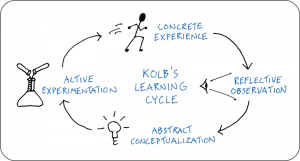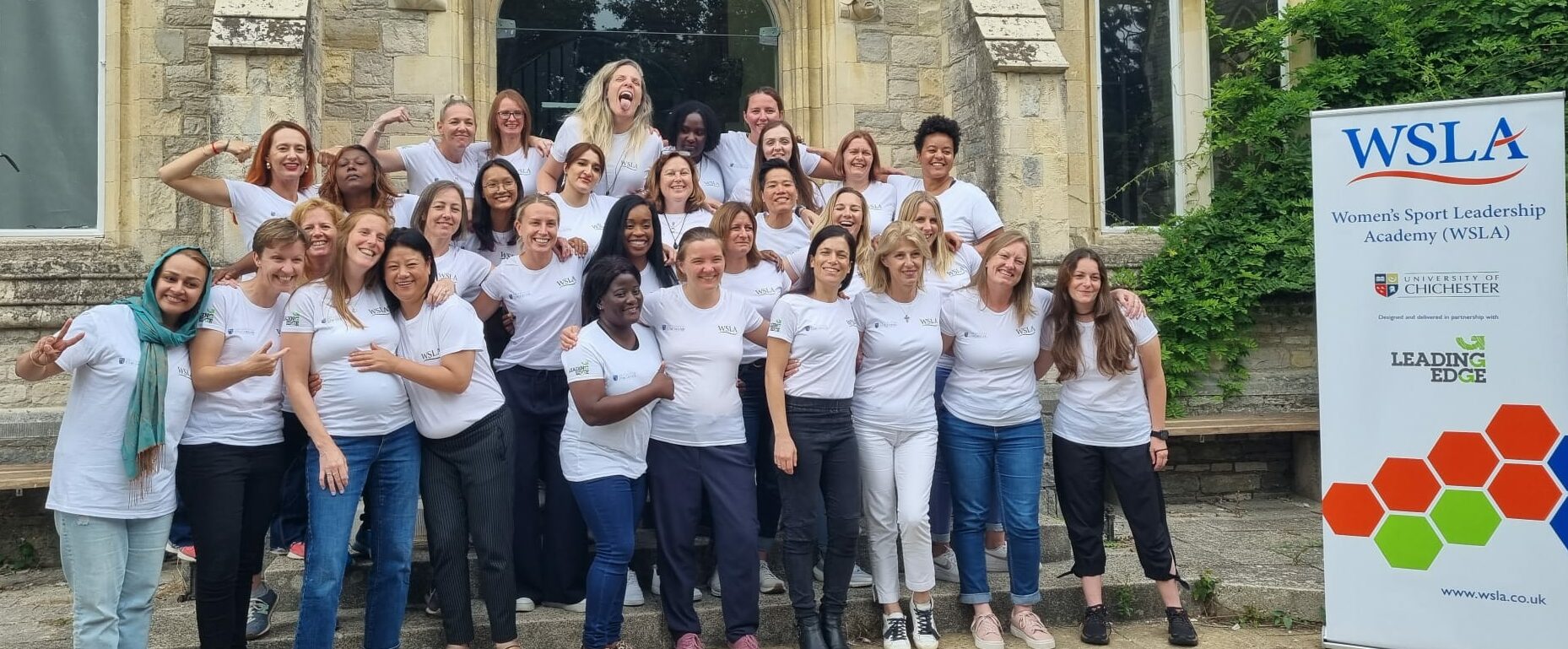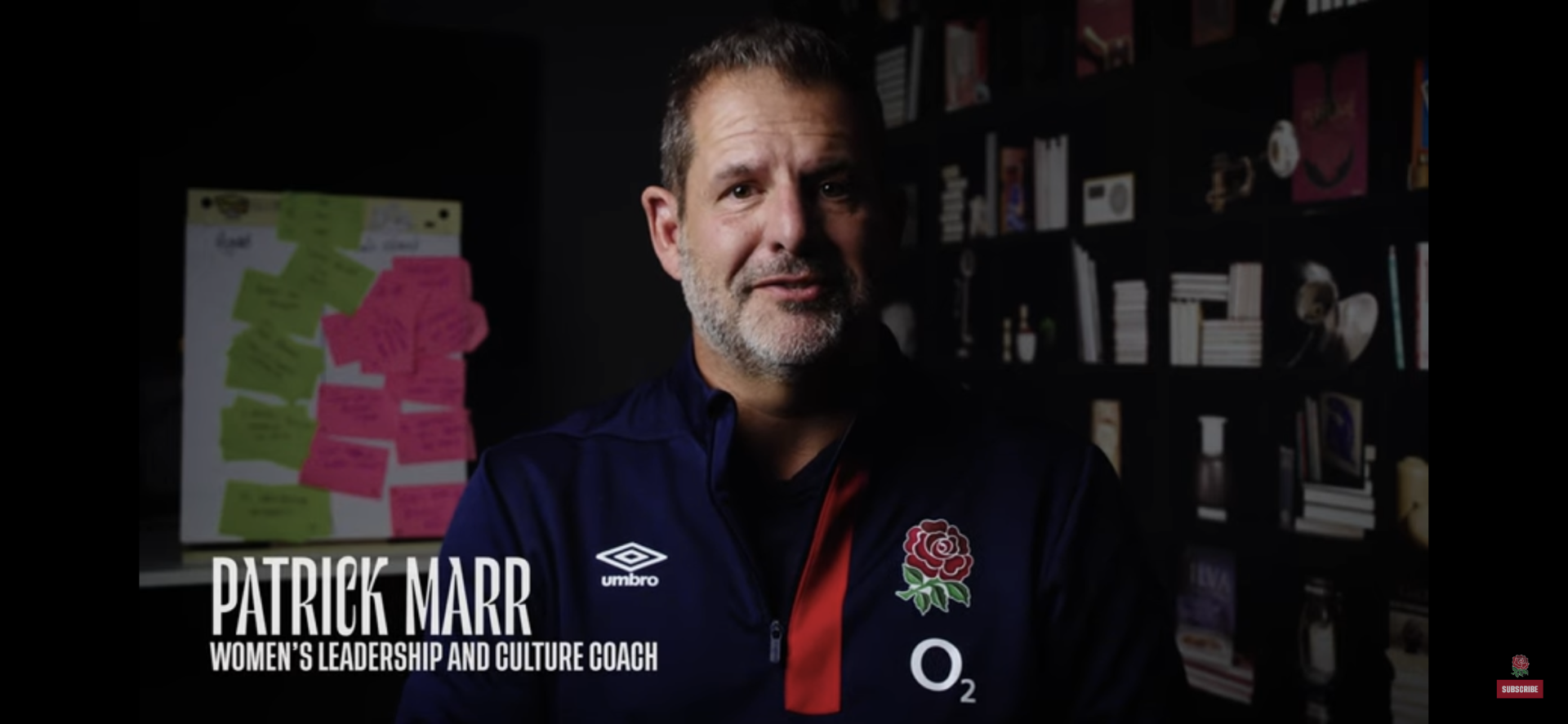Connect with us on LinkedIn for updates and the latest industry news
I’ve been mulling over a recent conversation with a client who wanted to ‘refresh’ part of their development programme. Nothing unusual in that, except they were pretty clear that the intervention has great take up, great feedback and great results that have sustained impact back in the workplace.
So why change it? “We just need to jazz it up a bit, we need to do something a bit more creative” was the ask.
I’m all for continuous review and improvement – but I wonder whether we’ve sometimes forgotten the ‘learning litmus test’ – does it do what we need it to? And if it ain’t broke, why try and jazz it at all?
(Whispers quietly: I think there’s a risk inherent in becoming too creative. The risk that we lose sight on the learning gap we are trying to close, in service of more elaborate learning experiences)
I wonder if experiential learning (from Kolb’s work) is suffering a bit from misappropriation and definition drift … to an interpretation that we need to provide delegates with an ‘all senses immersive experience’ like rock climbing, song writing or chocolate making – rather than a descriptive title of the four aspects of learning

My thoughts were further clarified on reading an article on The FA.com interviewing Steve Holland, England Football’s assistant manager, who spent 17 years at Crewe Alexandra before moving to Chelsea 
“I would sometimes watch the Crewe academy boys train and see lots of tricks and skills, then when I watched them play in a game on Sunday I saw nothing. There was no transfer of the training into the game.”
What a massive miss that is. So obvious in an arena of sport with a game to be played.
“The key always with practice is the transfer into the game and all the coaches I have worked with have reiterated that point. It is important to try to maximise the possibility of a transfer by not steering too far from the reality of the game.”
Isn’t the same true for learning and development in organisations or business? In service of creative learning experiences, are we at risk of failing to connect with the ‘reality of the game’ – the transfer of the learning into applicable beliefs, skill, competence and/or behaviour shift?
That doesn’t mean I’m endorsing boring sheep-dip trainer-led ‘learning’ – after all learning to dance takes more than just learning the steps. But it does mean that clear outcomes, agile facilitation and learning expertise will rightly continue to have greater impact than any ‘jazzing up’ can deliver




